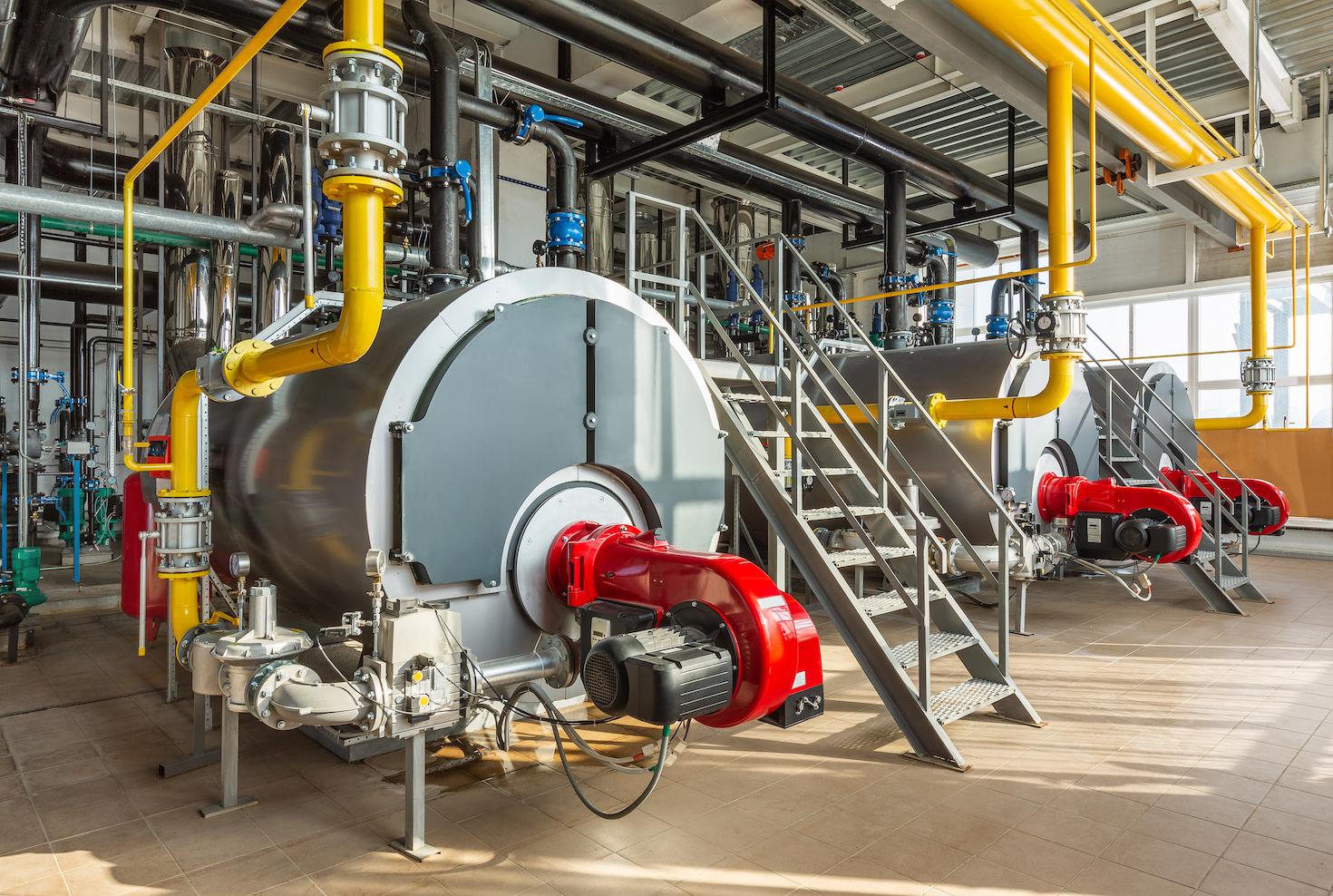
Are you tired of dealing with inconsistent heating in your home? It’s time to learn about the ultimate solution: boilers. In this comprehensive guide, we will explore everything you need to know about boilers and how they can transform your home heating experience. From understanding what a boiler is and its benefits to choosing the right boiler for your home, we’ve got you covered. We will also provide essential maintenance and troubleshooting tips to keep your boiler running smoothly. Plus, we’ll discuss the cost of installing a new boiler and help you determine if a boiler is the right choice for your heating needs. Get ready to take control of your home’s comfort with this ultimate guide to boilers.
What is a Boiler?
A boiler is a heating device that generates heat using water or other fluids. It is commonly used for heating homes, providing hot water, and powering industrial processes. Boilers transfer heat from burning fuel to the fluid, which circulates throughout the system. There are different types of boilers, such as steam boilers, hot water boilers, and condensing boilers.

Better business, better world.
Benefits of Installing a Boiler
Installing a boiler comes with several benefits. Firstly, boilers are highly energy efficient, resulting in lower utility bills. Additionally, they provide consistent and reliable heating throughout the home. Boilers also take up less space, making them perfect for smaller homes or apartments. Furthermore, they operate quietly, without the noise associated with other heating systems. Lastly, with proper maintenance, boilers have a long lifespan, providing long-term value for homeowners.
Choosing the Right Boiler for Your Home
When choosing a boiler for your home, it’s important to consider several factors. First, assess the size and heating requirements of your home. Next, determine the type of fuel you prefer, whether it’s gas, oil, or electric. Additionally, evaluate the efficiency ratings of different boiler models, and look for features like programmable thermostats and energy-saving modes. It’s also important to consider the installation and maintenance requirements of different types of boilers. For expert advice, consult a heating engineer or boiler specialist.
Boiler Maintenance & Troubleshooting Tips
Regular boiler maintenance is crucial for efficient operation. Inspect and clean the boiler regularly to prevent buildup. Monitor pressure levels and water temperature to avoid potential issues. Bleed radiators to improve heating efficiency. Learn common troubleshooting techniques for boiler problems. Consider hiring a professional for annual maintenance to ensure optimal performance and longevity.
The Cost of Installing a New Boiler
Factors such as the type and size of the boiler can affect the cost of a new installation. The average cost range varies depending on these factors. It’s important to also consider additional costs like labor and materials. To save money, you can explore government grants or financing options. Hiring a professional for installation ensures safety and efficiency.
Is a Boiler Right for You?
Considering your specific requirements and heating needs, a boiler might be the perfect choice for you. Boilers are efficient, provide consistent heating throughout the space, and are ideal for large homes or commercial spaces. To determine if a boiler is right for you, consult with a heating professional.
What are the different types of boilers available on the market?
The market offers various types of boilers, including combi boilers, system boilers, and regular boilers. Combi boilers are compact and provide instant heating and hot water. System boilers are suitable for larger homes with separate cylinders for hot water storage. Regular boilers require a separate cylinder and cold water storage tank.
What factors should I consider when choosing a boiler for my home?
When choosing a boiler for your home, several factors should be considered. These include the size and heating capacity of your home, energy efficiency ratings to save on utility bills, whether you need a combi boiler or a system boiler based on your hot water needs, and researching different brands for reliability and durability.
How can I maintain and prolong the lifespan of my boiler?
To maintain and prolong the lifespan of your boiler, it is important to schedule regular professional maintenance, monitor pressure and temperature levels, keep the area around the boiler clean, and bleed the radiators regularly. These steps will help ensure efficient operation and prevent issues with your boiler.
Are there any energy-efficient options for boilers?
Yes, there are energy-efficient options for boilers. The most energy-efficient type is the condensing boiler. It extracts heat from exhaust gases to preheat water, resulting in lower heating bills.
In conclusion, boilers are an efficient and effective way to heat your home and provide hot water. With their numerous benefits, such as energy efficiency and cost savings, it’s no wonder why many homeowners choose to install a boiler. However, it’s important to choose the right boiler for your home and maintain it properly to ensure optimal performance. If you’re considering installing a new boiler or need help with boiler maintenance and troubleshooting, our guide has everything you need to know. Make sure you’re making an informed decision by reading our comprehensive guide on boilers.